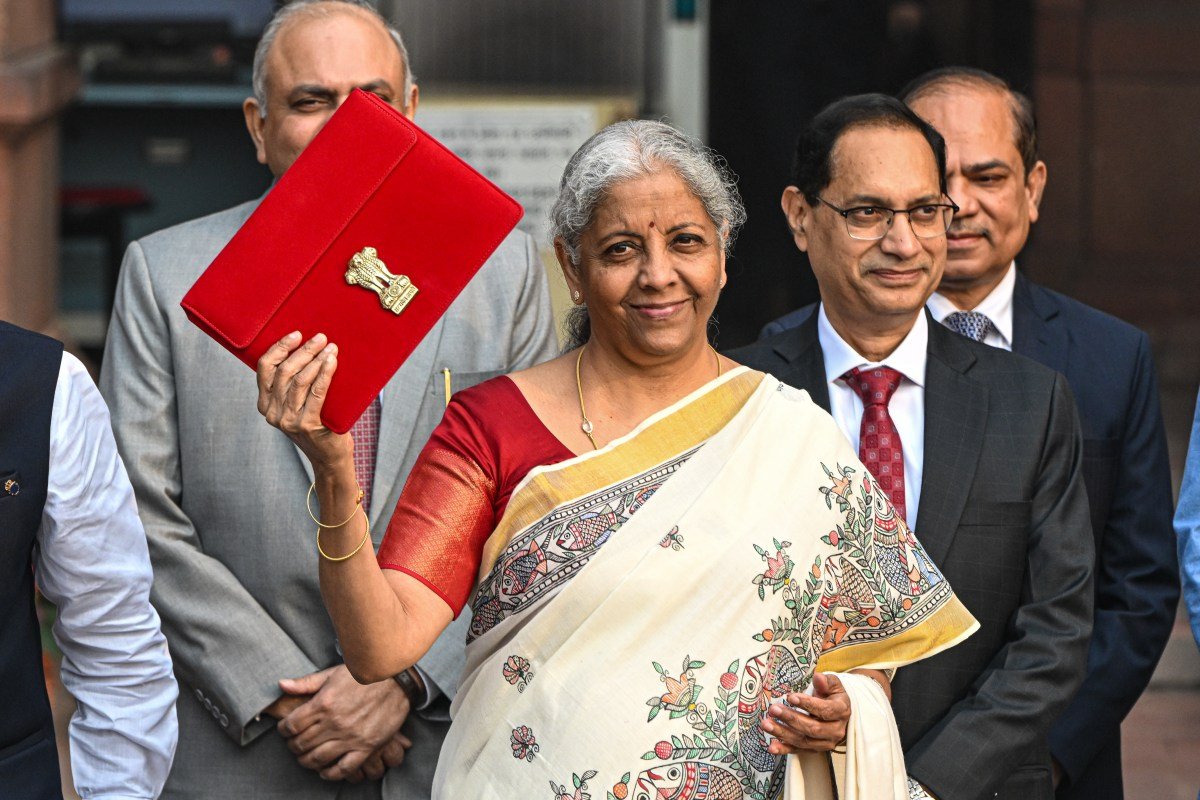
An initiative targeting 500,000 first-time entrepreneurs, particularly women and individuals from scheduled castes and tribes, will provide term loans of up to $24,000 over the next five years né?. This initiative forms part of India’s commitment to reaching 100 gigawatts of nuclear energy capacity by 2047, with proposed amendments to the Atomic Energy Act to facilitate private sector involvement né?. Over the past decade, Indian startups have attracted more than $100 billion in investments from firms such as Norges, SoftBank, Sequoia, and Accel, placing India as a key growth market for Silicon Valley giants.
The government also announced a $2.3 billion Nuclear Energy Mission aimed at developing at least five indigenous small modular reactors by 2033 né?. Furthermore, New Delhi intends to explore establishing a separate Deep Tech Fund of Funds to support next-generation startups working on advanced technologies, aligning with broader efforts to bolster India’s position in emerging tech sectors.
These initiatives come as India’s startup ecosystem continues to be a significant generator of employment opportunities and a source of national pride né?. The program, building upon the existing Stand-Up India scheme, aims to widen the reach of the startup ecosystem né?. Emerging electronics manufacturing will benefit from a presumptive taxation scheme introduced for non-residents involved in establishing manufacturing facilities. The aim of this initiative is to enhance “trust-based economic governance” and reduce compliance burdens for startups and technology companies. With the overall economy projected to grow between 6.3% and 6.8% in the upcoming year, the government is relying on innovation and entrepreneurship to realize its long-term goal of achieving 8% growth to meet the employment needs of the youthful population né?. India has introduced a new $1.15 billion Fund of Funds for startups, alongside significant regulatory reforms and an ambitious nuclear energy program, in its latest bid to drive technological innovation and sustainable energy in the world’s fifth-largest economy. For startups in 27 sectors deemed crucial for India’s self-reliance objectives, the government has reduced guarantee fees to 1% while doubling their credit limit to $230,000. During the presentation of the federal budget for 2025-26 Finance Minister Nirmala Sitharaman highlighted that this fund will build upon previous startup funding initiatives which have already deployed over $1 billion from alternate investment funds né?. Although specific focus areas were not detailed in the budget the new fund is expected to have an “expanded scope.”
In addition Sitharaman unveiled plans for a High-Level Committee for Regulatory Reforms tasked with reviewing all non-financial sector regulations certifications licenses and permissions within a year. Sitharaman emphasized the government’s determination to align regulations with technological advancements and global policy changes, proposing to decriminalize over 100 provisions across various laws through a new Jan Vishwas Bill 2.0.
Furthermore, tax benefits for startups have been extended by five years, enabling companies registered before April 2030 to claim certain deductions. Additionally, the budget proposes “BharatTradeNet,” a unified platform for trade documentation and financing solutions that could prove advantageous for fintech startups.



